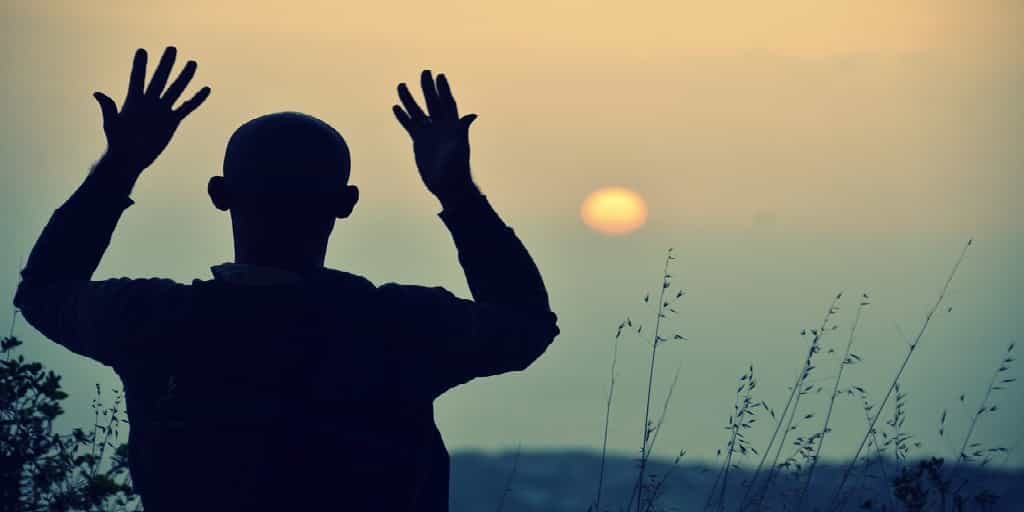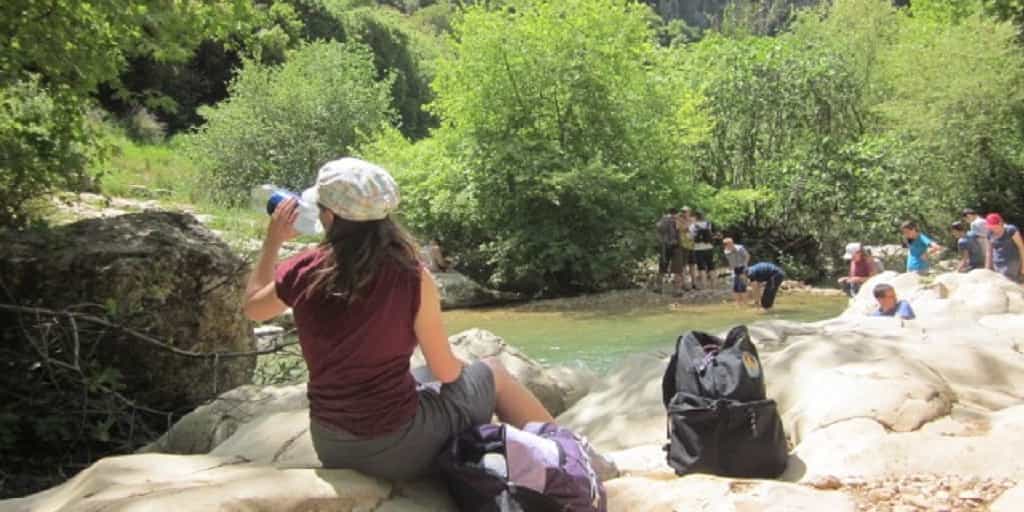Last week was Rosh HaShanah, and this week we will celebrate Yom Kippur, the Jewish Day of Atonement. It’s a busy time in the Jewish calendar, and a time reserved for self- reflection, and thought. Between the two holidays it is customary to apologize to people we have hurt during the year. What are my reflections for the High Holidays?

I have some friends
who say, however, that this practice is irrelevnt because we should apologize immediately after we realized we’ve done something wrong. They say it does no good to wait until one time a year to apologize every 365 days. Therefore, they don’t take part in this practice. And there is something to that. There is a story that teaches us how much we must be careful from this.
There was once a young boy who would hit and hurt the other children in his class. We will call him Joey. One day, his father told him that every time Joey hurt another child, he had to hammer a nail into their fence. And so he did, and day after day Joey hammers nails into the fence.
Some time later, Joey’s father told him that every time he apologizes to one of those people and they accept it, he can take out a nail. Slowly, one by one, Joey took out all of the nails.
After Joey had succeeded in taking out all of the nails, his father takes him to the fence, and says “What you see in the fence is what you have done to all those you have hurt. While you have apologized and they have accepted the apology, the pain that you have caused will stay with them for a long time.”
So what my friends are really saying is that yeah, you can apologize, but what does it really mean to apologize if you don’t change your ways and really make amends.
I’ll tell you something.
There is a truth to that. If I do things that are wrong throughout the year, but only wait until a few days between Rosh HaShanah and Yom Kippur in order to apologize, then what does that apology really mean? Especially, when the scar of what I have done will be there forever, like in the story from before.

But at the same time, despite the truth to the story and this thinking, it doesn’t mean we shouldn’t take the time to reflect and apologize. We cannot not change our ways, we cannot really and sincerely apologize without reflection. I believe that it is incredibly important, and healthy, to set time aside and think:
What’s working for me?
What isn’t? Why?
What have I done this year that’s wrong? And what can I do to change that?
What have I done well, and what can I do to make sure I continue that way?
Let’s be real with ourselves. We don’t have to observe the ten days if we feel that it is insincere, fine. But if we don’t EVER sit down with ourselves and have a good, serious look at our lives we can never make the changes that will only improve our lives.
If we say sorry right away, and then continue on your way, then guess what? In another two days, week, month the SAME THING WILL HAPPEN. And so what have we done by rejecting the idea to sit down and think if the same thing happens over and over again?
In conclusion of my reflections for the High Holidays,
I wish everyone the opportunity to sit with themselves and ask the real hard questions, in order to better ourselves.
I wish you all the strength and focus to answer those questions and stay on track throughout the year.
My goals are to be more patient, to stay focused on my professional goals, and to find the ways to travel the world.

I wish you all great reflections for the High Holidays.
And finally, I wish you all the courage it takes to ask forgiveness to those you may have hurt, and to make the amends you need to make to do good by those people.





